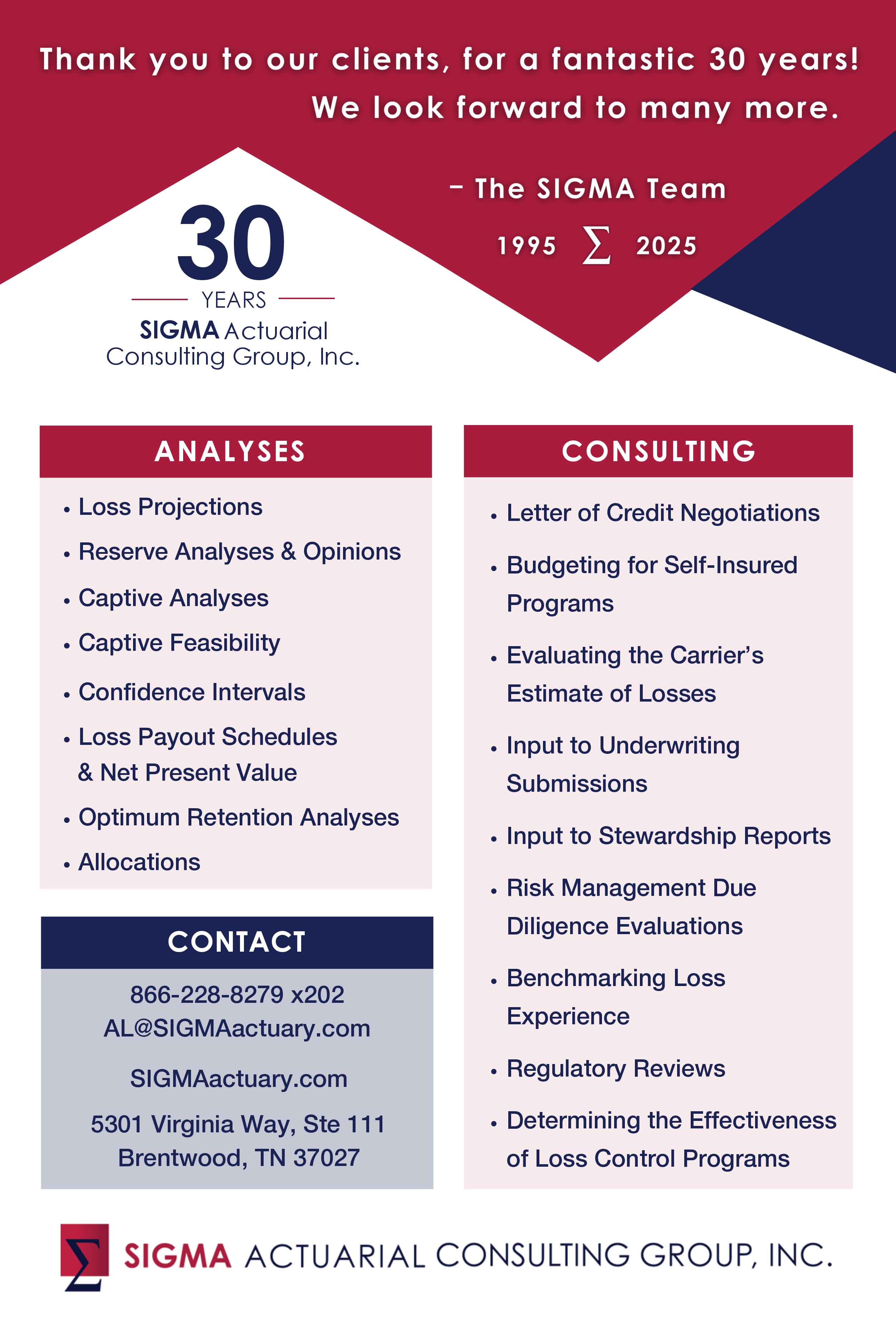There are a number of reasons why people choose to use captive insurance, including:
Direct access to reinsurance markets
Tailor-made coverage
Investment income from
underwriting profits
Controlling cashflow
Increased incentive for loss control
Control over claims handling
Reduced cost of operating an
insurance programme
Stabilising premiums
This is not an exhaustive listing by any stretch and my focus is not on the reasons behind the formation of a captive, rather why potential captive owners should consider the Bahamas as the chosen domicile.
The Bahamas is just a short 50 miles off the coast of south Florida and its geographic locale affords it business advantages with the US, central and south America. The advantages make the Bahamas the ideal destination for the quality of life and the ease of managing financial affairs.
It is home to roughly 250 financial institutions, which has created a well-trained and experienced workforce with many years of hands-on experience. The Bahamas has over 80 years of financial services experience as a domicile.
This year the Bahamas celebrated 47 years as an independent nation and over this time, it has demonstrated a strong commitment to international tax transparency, anti-money laundering and counter-terrorist financing initiatives. The strong public and private sector collaboration, via entities like the Bahamas Financial Services Board, has ensured that the Bahamas is well-regulated and is committed to adhering to international best practices. This is supported by strong independent regulators inclusive of The Insurance Commission of The Bahamas (ICB).
The ICB works very closely with the private sector through broad consultation on legislation and policy. In 2005, for example, the Domestic Insurance Act was completely re-written to modernise it and have it match the needs of the domestic insurance market.
The re-writing of the domestic act was done through weekly round table dialogue and input from the domestic insurance market from both the insurance carrier side and the intermediary side. Again in 2009, the ICB did the same thing with a review of the External Insurance Act.
The ICB has recently advised that it will be undertaking an initiative to merge the two legislative regimes into one comprehensive Bahamas Insurance Act and it has stated very clearly its intention of seeking broad private sector input with this endeavour.
The ICB has proven to be extremely flexible in its approach to insurance matters as while it recognises the need for prudent supervision it is also cognisant that it must play a part in the ease of doing business in the Bahamas in order to grow the domicile as an international insurance jurisdiction.
The Bahamas is a relatively low-cost captive domicile with an application fee of $250 for each captive application or for each cell in a segregated accounts company.
There is an annual license fee of $2,500 for a restricted insurer and $3,500 for an
unrestricted insurer.
We see the Bahamas as ideally positioned for growth in captive business and we have a number of new enquiries ranging from health care to renewable energy.
Finally, the Bahamas ranks high as one of the most popular tourism destinations.
What better place for a captive owner to conduct board meetings and then enjoy all that the Bahamas has to offer afterwards?





